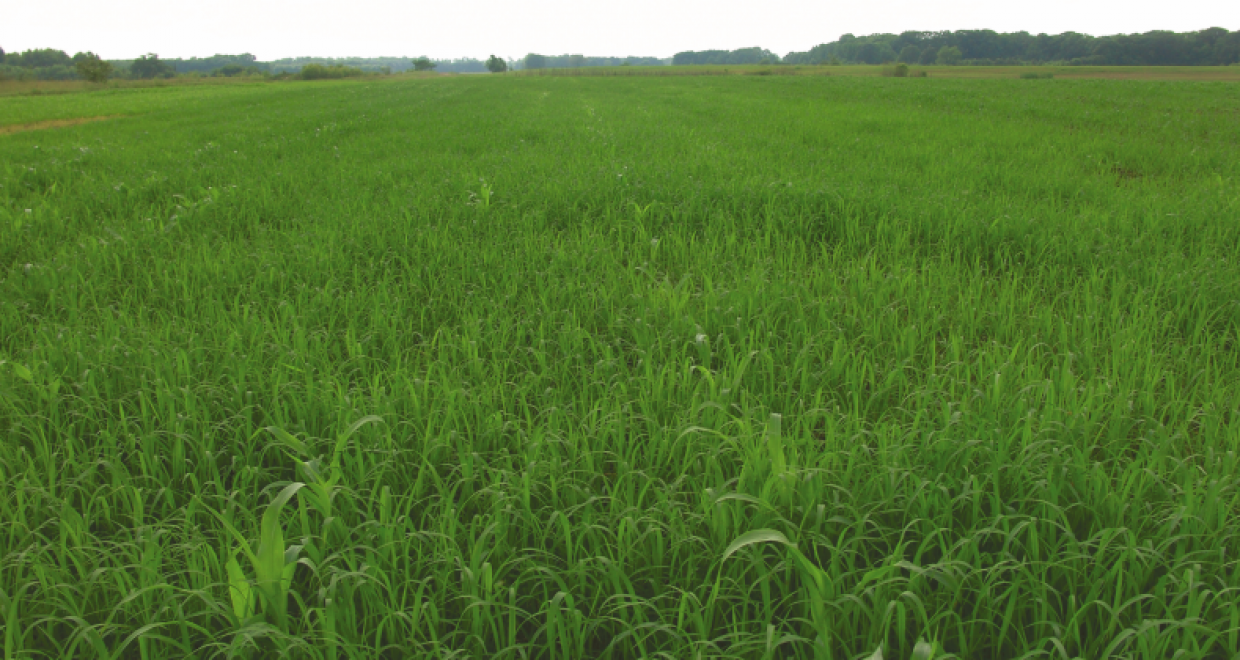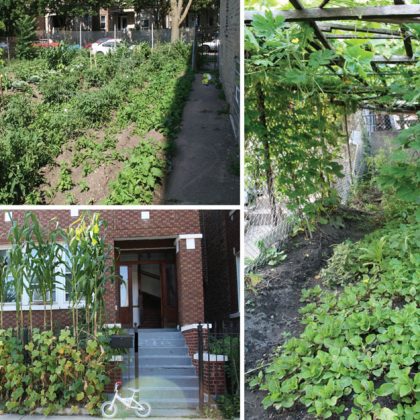Research Confirms New Reports of Glyphosate-Resistant Junglerice
For more than a decade, growers have waged a high-profile battle against glyphosate-resistant pigweed. But pigweed is by no means the only weed resistant to glyphosate. Researchers have just confirmed that junglerice is among the growing list of weeds resistant to the herbicide.
In case you aren’t familiar with junglerice, it’s a weedy grass prevalent on the U.S. West Coast and in the South. It can be found growing in rice, corn and vegetable crops, in gardens, on roadsides and along waterways. Some populations of the weed are resistant to multiple herbicides – but until now, glyphosate hasn’t been among them.
That changed when researchers recently confirmed new glyphosate-resistant populations of junglerice growing in both Mississippi and Tennessee. Researchers say a Mississippi population of junglerice was found to be four times more resistant to the herbicide than susceptible populations, while a population in Tennessee was seven times more resistant.
Researchers identified two different mechanisms of resistance: a target-site mutation in the plant’s EPSPS gene and a reduced translocation of glyphosate.
What does this mean for the management of junglerice and other glyphosate-resistant weeds? Researchers say it is important to get back to basics. Make certain your weed control program includes a broad range of chemical, cultural and mechanical tools.
If you’d like to know more about glyphosate resistance in junglerice, read the article “Glyphosate-resistant Echinochloa colona from Mississippi and Tennessee: Magnitude and Resistance Mechanisms,” which is found in Weed Science Vol. 66, Issue 5.
Photo credit: Junglerice (E. colona) after treatment with 1.5x glyphosate rate before grain sorghum was planted. Photo by Larry Steckel





